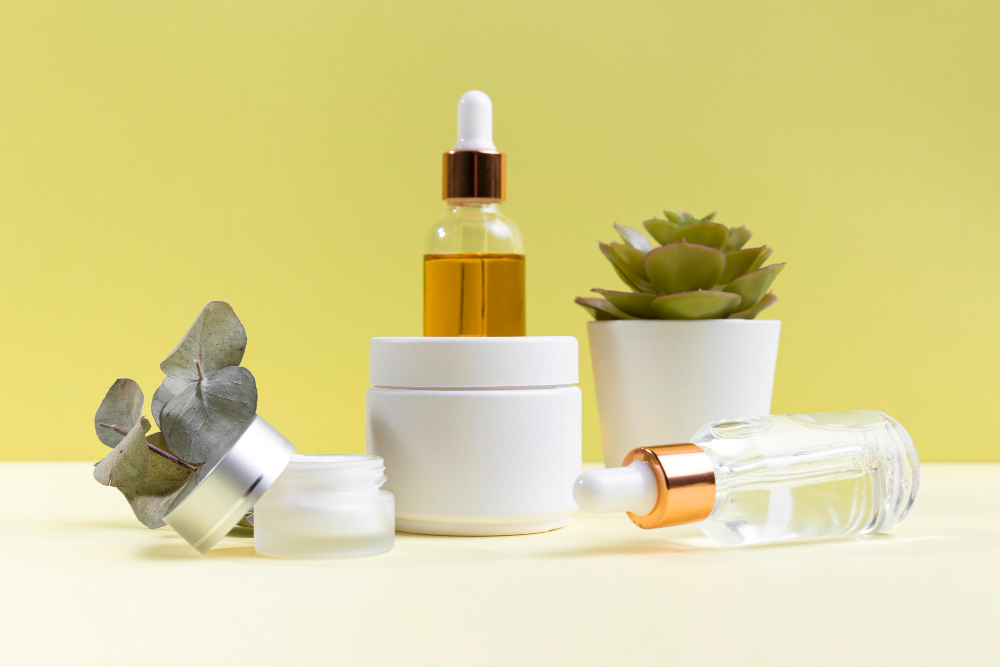“All you have is a shortage of self-esteem and, voila, we have a product for you” said Jane Maire, the host of the podcast, “The Dream” in an interview with HealthyWomen.
There is often a prominent role with how women feel unrepresented within the wellness industry. It’s pretty apparent how wellness companies and “wellness influencers” are geared to target women in particular to get them to not only purchase products that can be harmful towards their inner ecosystems, but the services as well.
I mean, come on, when you get services like a facial, does the general public know what exactly is going on their face? Especially with how the industry is constantly maintaining new approaches to get women to purchase whatever they’re trying to sell when it can actually be obtained for free.
The sole conclusion is that the wellness industry is just preying on women’s insecurities, and we fall for it every single time.
And this idea is not just seen with the wellness industry but the subgroup of skincare regarding very young, almost pubescent, teens.
I personally think that there is an issue with an 11-year-old buying retinol cream or toner for their face when they haven’t even experienced puberty, yet these companies are trying to appeal to their demographic whether it comes from their packaging or their product campaign.
And to the untrained eye, this isn’t necessarily false seeing as, on a lot of packaging like Goop or Moon Juice, they all talk about this “beauty from the inside” not even marketing for a specific demographic but instead taking the most stereotypical attributes of what women want and catering their product to broaden the crowd.
It’s gotten to the point of when does it stop being about health, and more about beauty and desirability? In a lot of the cases, most women work full time jobs and aren’t always able to take care of themselves as much as they should, so displaying a product that is claimed to be “fast working” is what is going to pull those numbers from working women.
At the same time, there is some accountability to be made amongst the female crowd to not just take or put anything into your system. At the end of the day, it’s your own responsibility to do research and see if this is a helpful alternative therapy or just predatory product pushing.
A big key to doing that is to trust your gut, if something seems like it’s too good to be true then maybe move on with your day and find something else that your instincts know works.
Another big reason why a product might seem to keep a person’s interest is that companies often pay celebrities to promote their products. When a well known celebrity is claiming that the product isn’t bogus, then one tends to doubt themselves which triggers this response to consumerism.
A lot of the time people, women especially, have the mindset that if they eat the right things, buy the correct stuff, and work hard enough, they’ll be able to attain this image of themselves and almost prevent diseases when in reality, those aspects only account for about 20 percent of health outcomes.
According to The Guardian they said, “…factors like air quality, domestic safety, community support, and education access, account for as much as 80 percent of health outcomes.”
It’s almost like the industry is sedating women with false truths, because being realistic, no one is stressed out because they aren’t doing enough yoga, or taking enough bubble baths, there are more prominent and personal reasons as to why that is happening.
And when we have these products that are labeled to be self-saving, people stop seeking help or advice from medical professionals and going to the one place to hear what they want to hear.
In all, obsessing over something that is attainable but purchasing product after product can only damage you in the end.
I think it’s important for all women to realize that doing self-care naturally is the one thing that will provide results, not this outdated system that society has created in the last decade.

